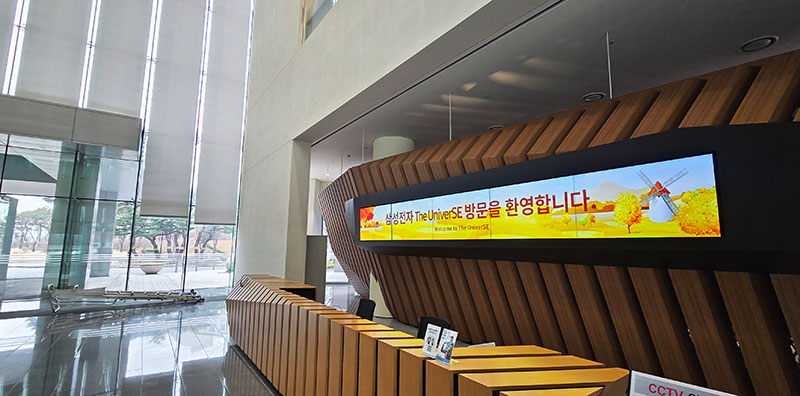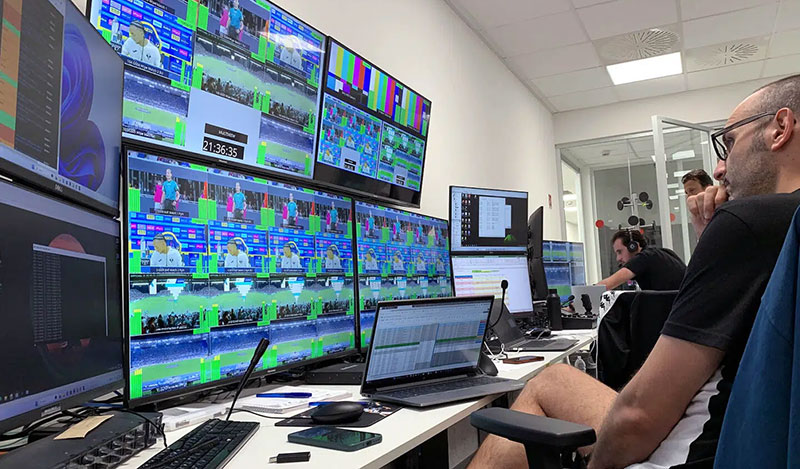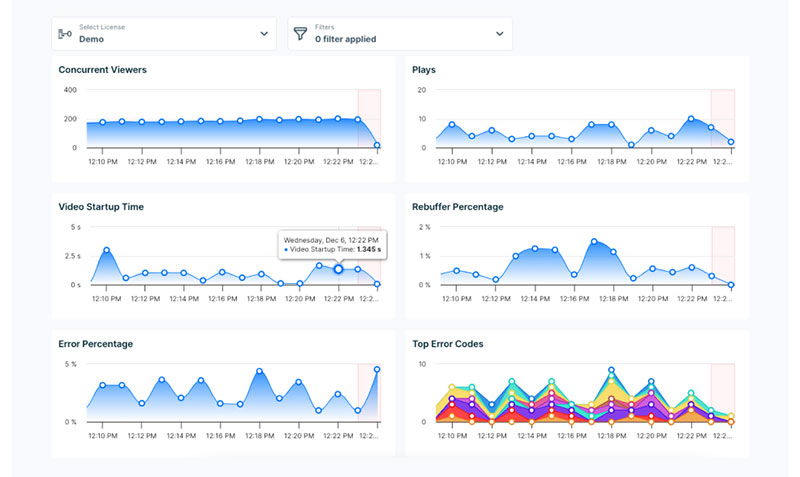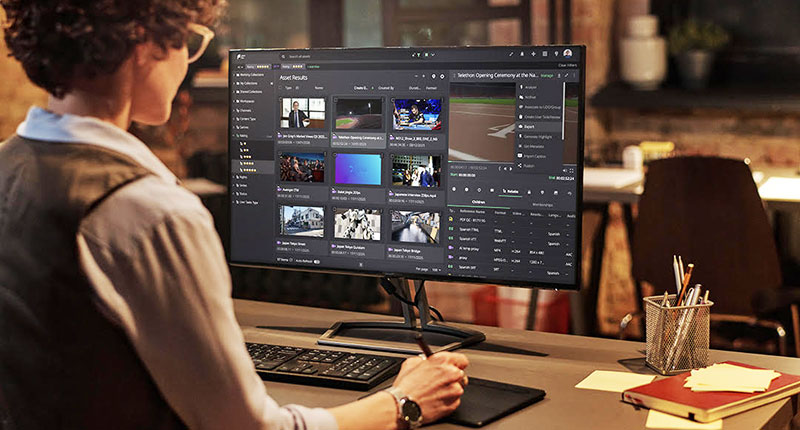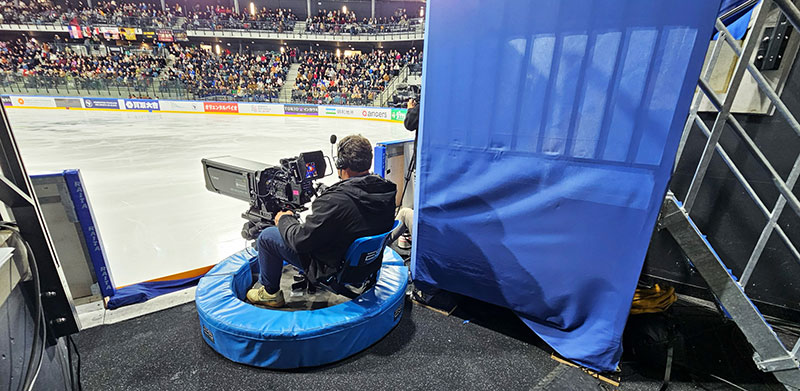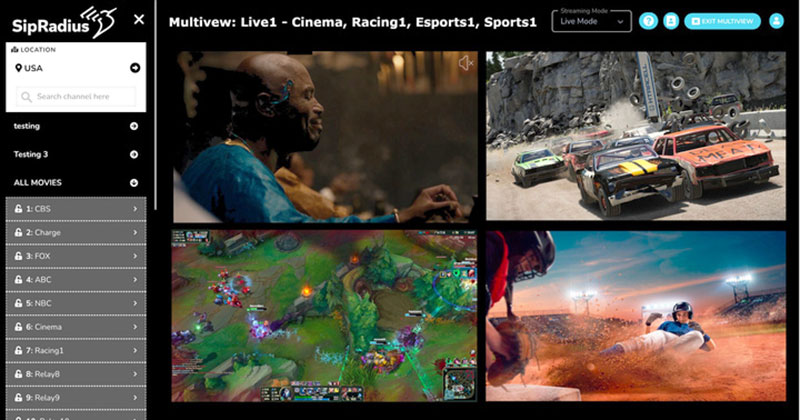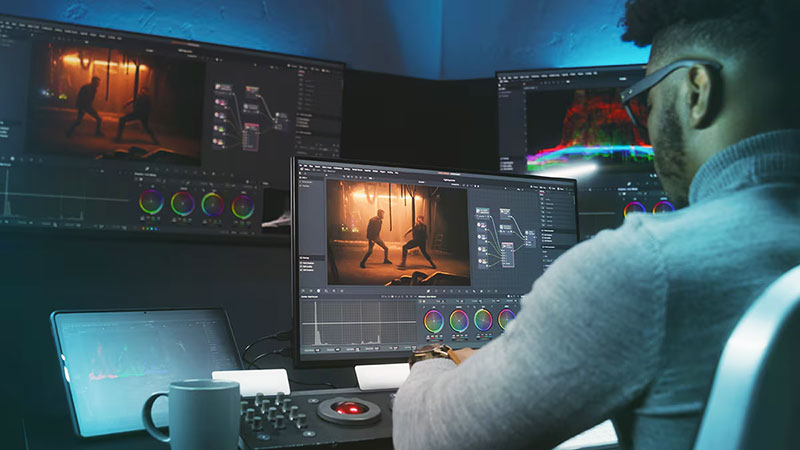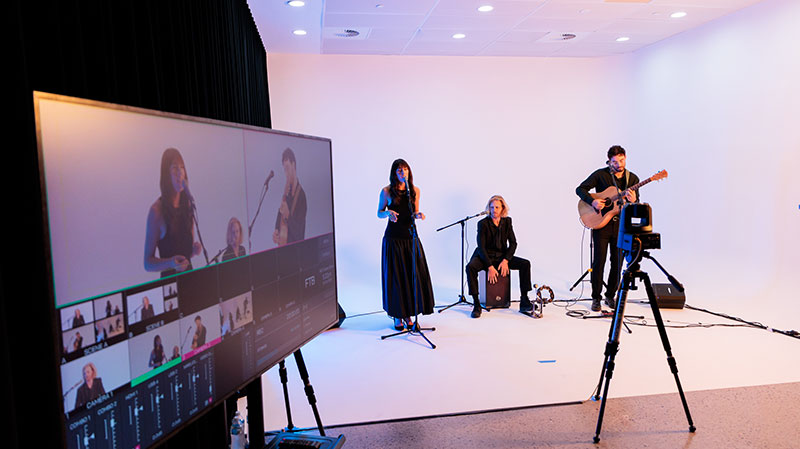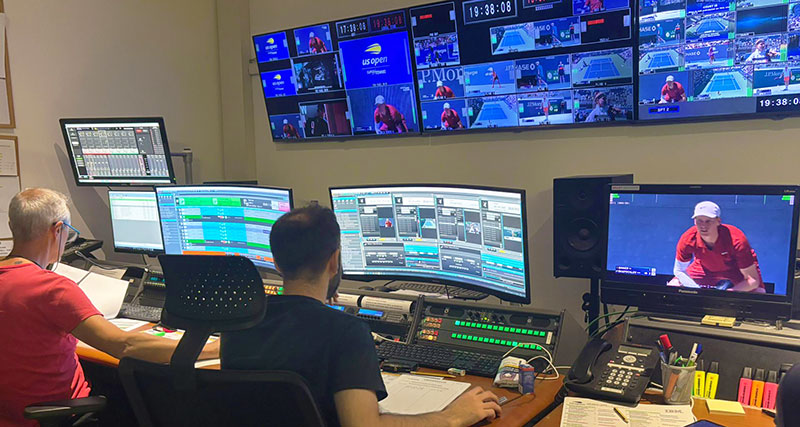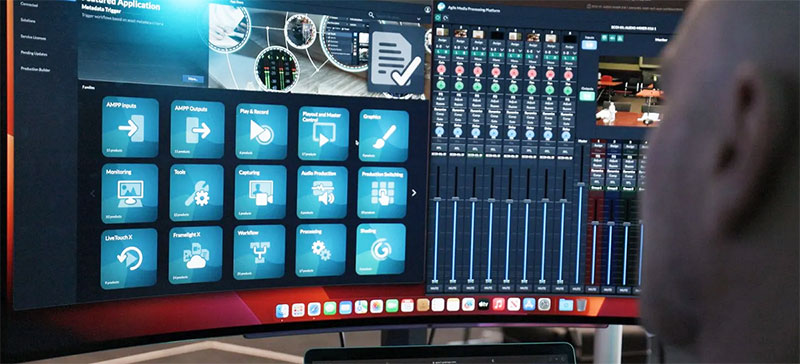Brazil’s Rede Minas chose Pebble’s Automation and compact Integrated Channel to replace obsolete playout infrastructure, adding functionality, capacity and three new channels.
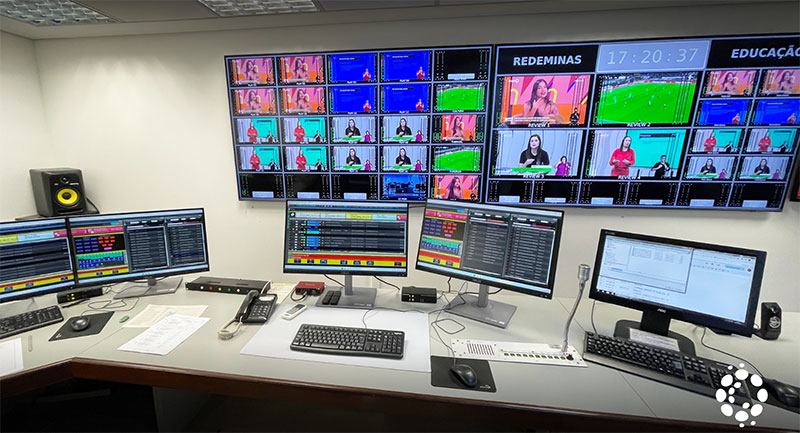
Rede Minas, the government-owned public broadcaster for the state of Minas Gerais in central Brazil, broadcasts from a production base in Belo Horizonte across a large region using terrestrial, satellite and streaming distribution. When its playout infrastructure recently reached its end-of-life, Rede Minas looked for a new system that would add functionality, capacity and capabilities.
The organisation has invested in a turnkey system from Pebble that allows more sophisticated, tailored playout across multiple channels. It is based on Pebble Automation, implemented with Integrated Channel devices to replace the legacy playout hardware.
New Channels
As well as being cost-efficient to purchase, the Pebble Integrated Channel devices save both on rack space and power consumption, due partly to less need for air conditioning. The lower cost gave Rede Minas an opportunity to expand its output, adding three education channels as well as tailored services for terrestrial, satellite and streaming.
Each Integrated Channel device has dual independent outputs, which Rede Minas is using to set up opt-outs for some regions within its territory to serve local interests and regulation. From there, the Pebble Automation layer ensures that the correct content for each output is loaded and quality checked before transmission.
The device incorporates audio, video and graphics functionality in a compact format, ready for channel branding and frame-accurate multi-channel playout. It replicates in software all the functionality of a broadcast playout chain that would traditionally be made up of single-purpose devices performing dedicated functions. It can be scaled and customised for various channel types, from scheduled static channels to reactive channels with multiple content formats, complex graphics and live inserts.

Software Flexibility
When requirements for any of Rede Minas’ channels change, they can use Pebble’s channel designer to alter the software definition by dragging and dropping from a list of functional processes. This makes setting out the order in which processing happens, such as graphics overlay, DVE, ARC and audio shuffling, quite straightforward. Designs can be saved and recalled as required.
“We needed to make the move to a modern playout environment, but we knew it would be a significant undertaking for us,” said Caroline Santos, Director of Technology at Rede Minas. “Pebble and their local distributor Videodata were able to show us, through a proof of concept demonstration, how its software systems could deliver all we needed, and go further.
“What was really important, though, was that they were able to manage the entire project. That included transferring all the data from our current asset management and integrating the devices and the automation with our planning workflows. It meant that the switchover was accomplished quickly, cleanly and without problems.”
Consistent Interface
Pebble’s Integrated Channel integrates as a standalone device into a multichannel system like Rede Minas, which may also incorporate a server, graphics or captioning devices. Users can specify an optimum configuration, or keep their existing set-up – in all cases, operators will be presented with the same user interface across the whole system, regardless of the equipment chosen for each individual channel.
Rosalvo Carvalho, General Director at Videodata said, “We have worked with Rede Minas for some time now and know that the modernisation of playout was a very important project for them. Although, as a government body, the procurement was by public tender, we introduced Pebble to them as a recognised automation specialist.
“Ultimately, we all collaborated on a comprehensive proof of concept exercise that answered all of their concerns. The result has been transformational for Rede Minas, through a project that respected the need to minimise disruption to existing operations.” www.pebble.tv







